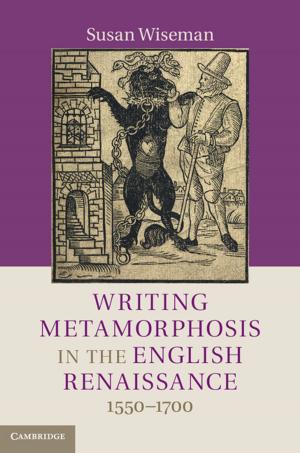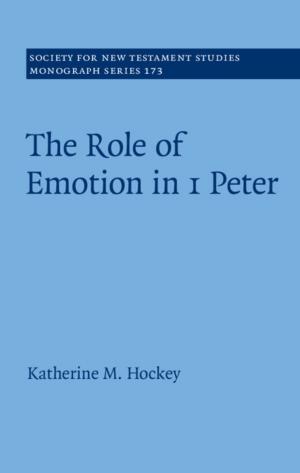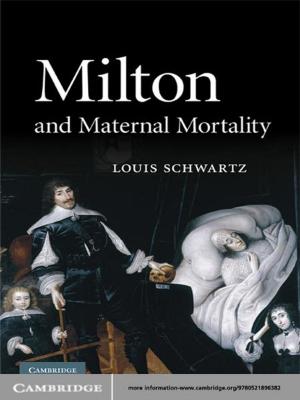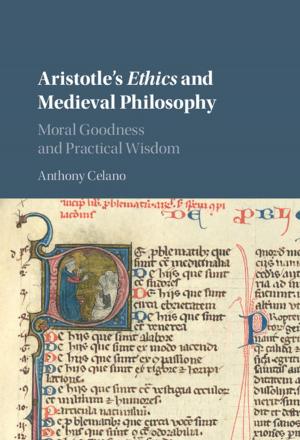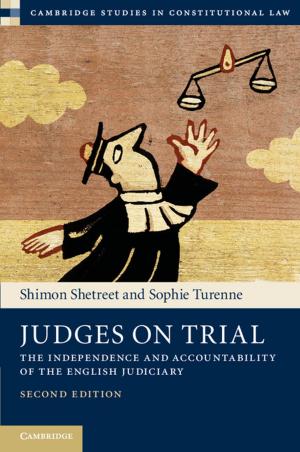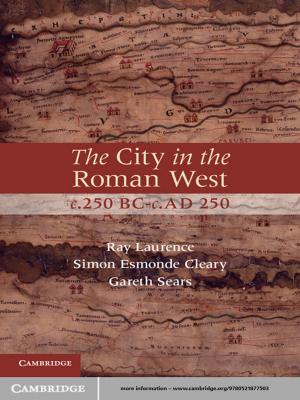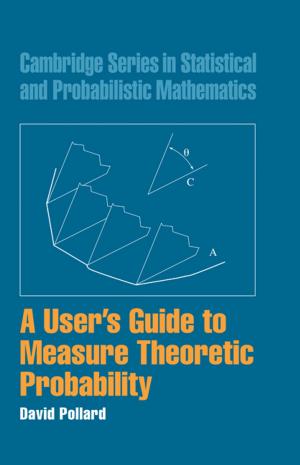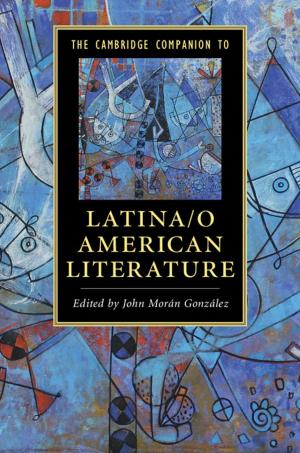Kant's 'Critique of Practical Reason'
A Critical Guide
Nonfiction, Religion & Spirituality, Philosophy, Modern, History, Criticism, & Surveys| Author: | ISBN: | 9780511848360 | |
| Publisher: | Cambridge University Press | Publication: | April 8, 2010 |
| Imprint: | Cambridge University Press | Language: | English |
| Author: | |
| ISBN: | 9780511848360 |
| Publisher: | Cambridge University Press |
| Publication: | April 8, 2010 |
| Imprint: | Cambridge University Press |
| Language: | English |
The Critique of Practical Reason is the second of Kant's three Critiques, and his second work in moral theory after the Groundwork of the Metaphysics of Morals. Its systematic account of the authority of moral principles grounded in human autonomy unfolds Kant's considered views on morality and provides the keystone to his philosophical system. The essays in this volume shed light on the principal arguments of the second Critique and explore their relation to Kant's critical philosophy as a whole. They examine the genesis of the Critique, Kant's approach to the authority of the moral law given as a 'fact of reason', the metaphysics of free agency, the account of respect for morality as the moral motive, and questions raised by the 'primacy of practical reason' and the idea of the 'postulates'. Engaging and critical, this volume will be invaluable to advanced students and scholars of Kant and to moral theorists alike.
The Critique of Practical Reason is the second of Kant's three Critiques, and his second work in moral theory after the Groundwork of the Metaphysics of Morals. Its systematic account of the authority of moral principles grounded in human autonomy unfolds Kant's considered views on morality and provides the keystone to his philosophical system. The essays in this volume shed light on the principal arguments of the second Critique and explore their relation to Kant's critical philosophy as a whole. They examine the genesis of the Critique, Kant's approach to the authority of the moral law given as a 'fact of reason', the metaphysics of free agency, the account of respect for morality as the moral motive, and questions raised by the 'primacy of practical reason' and the idea of the 'postulates'. Engaging and critical, this volume will be invaluable to advanced students and scholars of Kant and to moral theorists alike.

